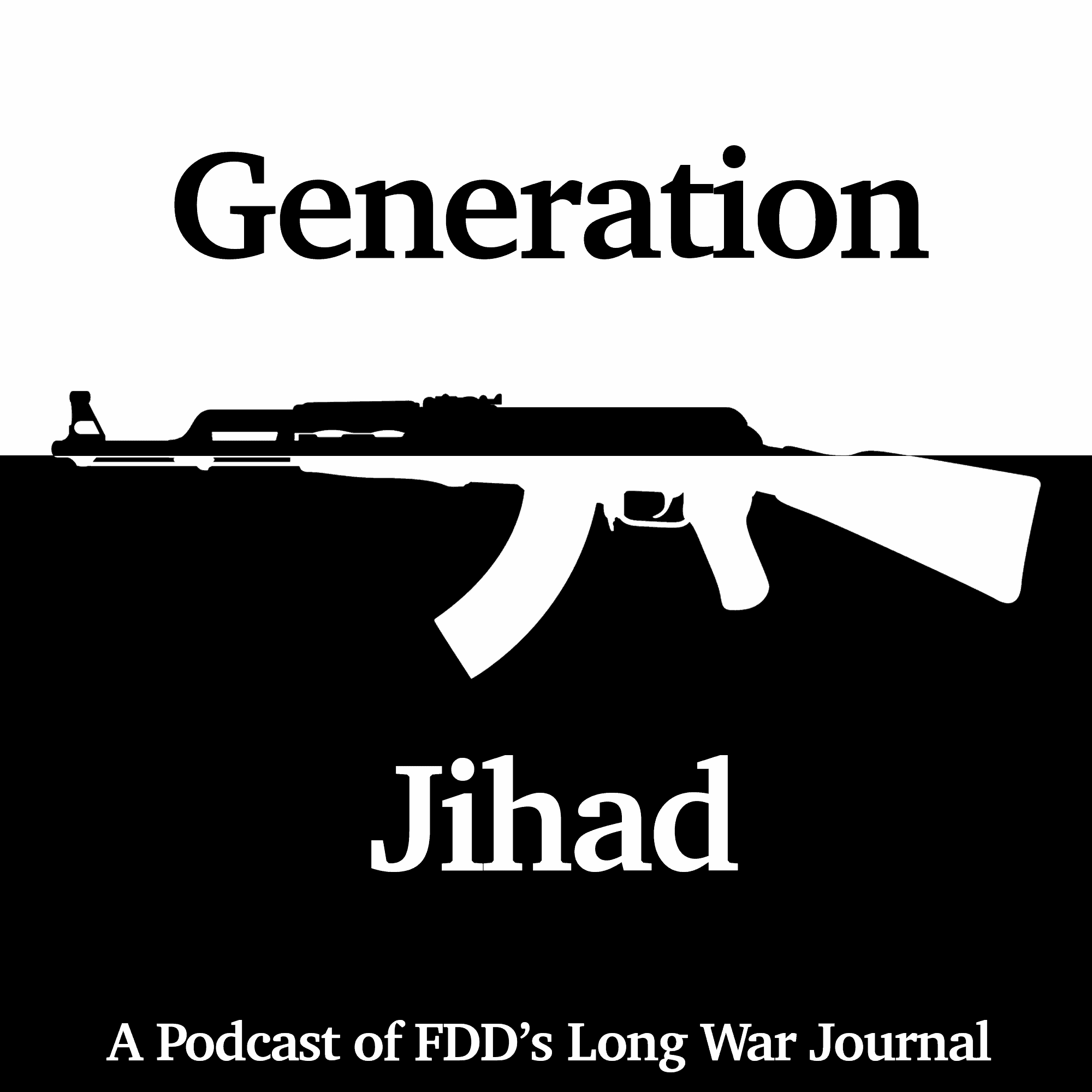
Generation Jihad Ep. 16 – Al Qaeda’s Never-ending Problems in Syria
Hosts Tom Joscelyn and Bill Roggio discuss al Qaeda’s problems in Syria, where a series of disputes have upset the group’s chain of command.

Hosts Tom Joscelyn and Bill Roggio discuss al Qaeda’s problems in Syria, where a series of disputes have upset the group’s chain of command.
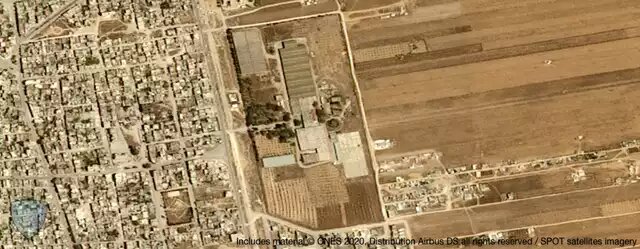
Syrian Arab Army and Iranian-backed militia sites reportedly struck by Israel during the morning hours of June 24.
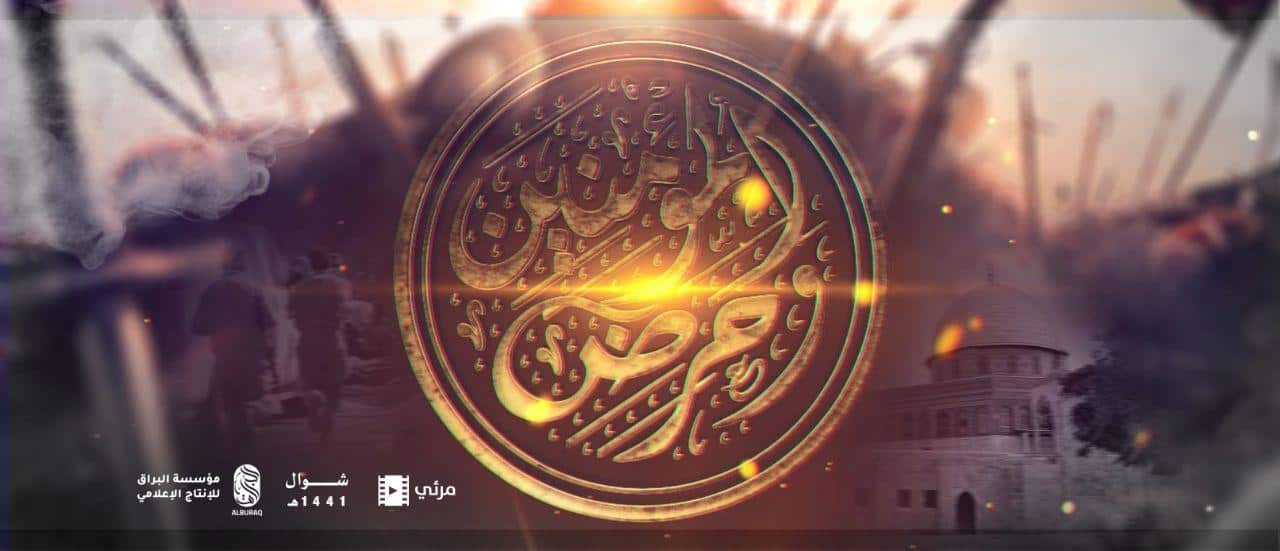
In its first major publication this year, Tawhid al Jihad urges its followers to unite against Trump’s peace plan and West Bank annexation.
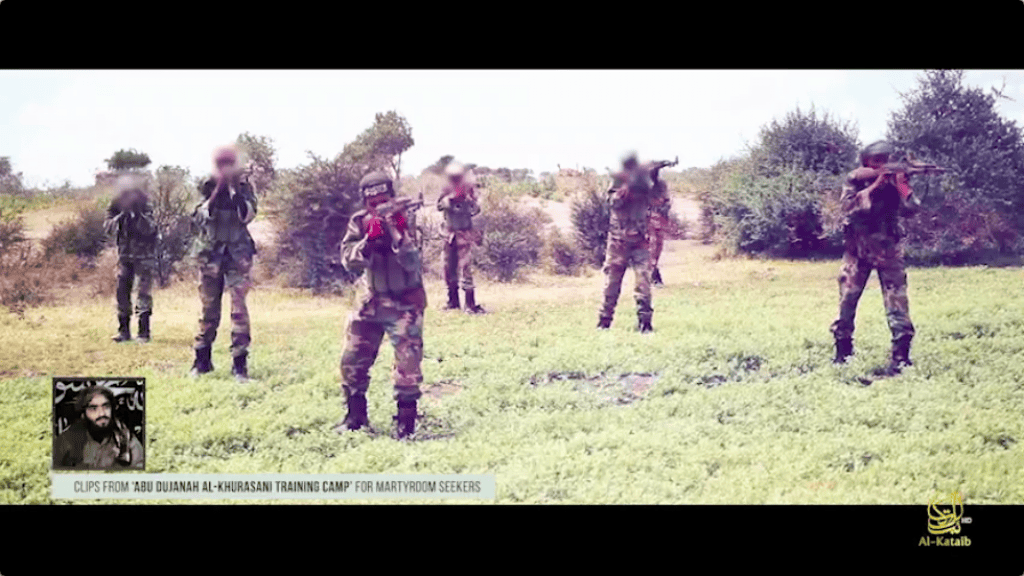
In the span of four days, the Al Qaeda branch has claimed the use of two suicide car bombings on Somali and Turkish military bases in two different areas of Somalia.
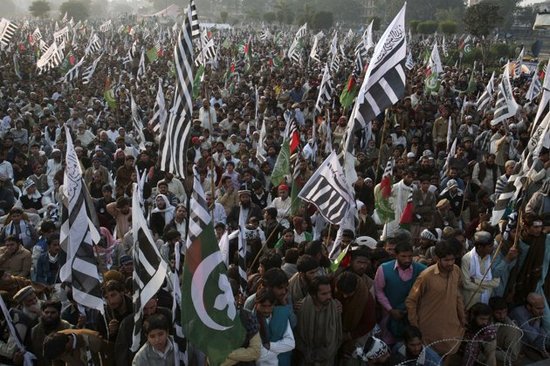
Pakistan remains a “safe haven” for a host of regional terror groups, including the Afghan Taliban and its integral subgroup, the Al Qaeda linked Haqqani Network, according the the State Department’s newly released Country Reports on Terrorism 2019.

Hosts Tom Joscelyn and Bill Roggio explore how President Trump’s rhetoric on Afghanistan and other post-9/11 conflicts changed from 2017 to 2020.
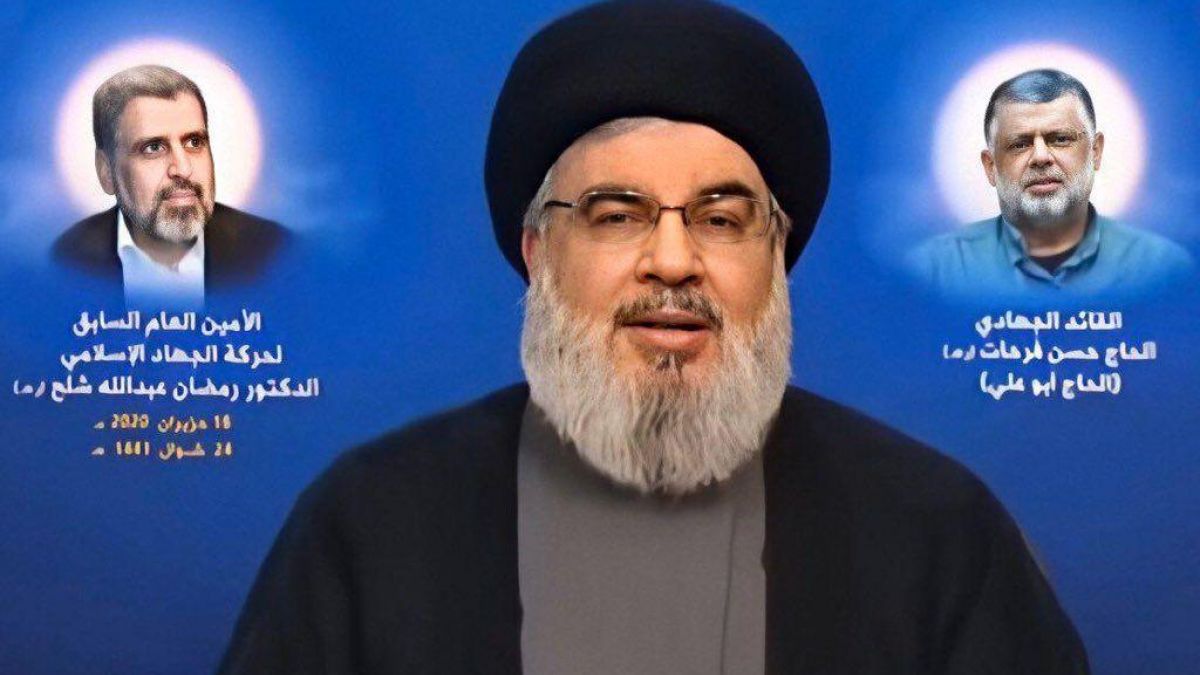
With Hassan Nasrallah’s encouragement, Chinese companies aim to help Lebanon pull out of its economic crises.
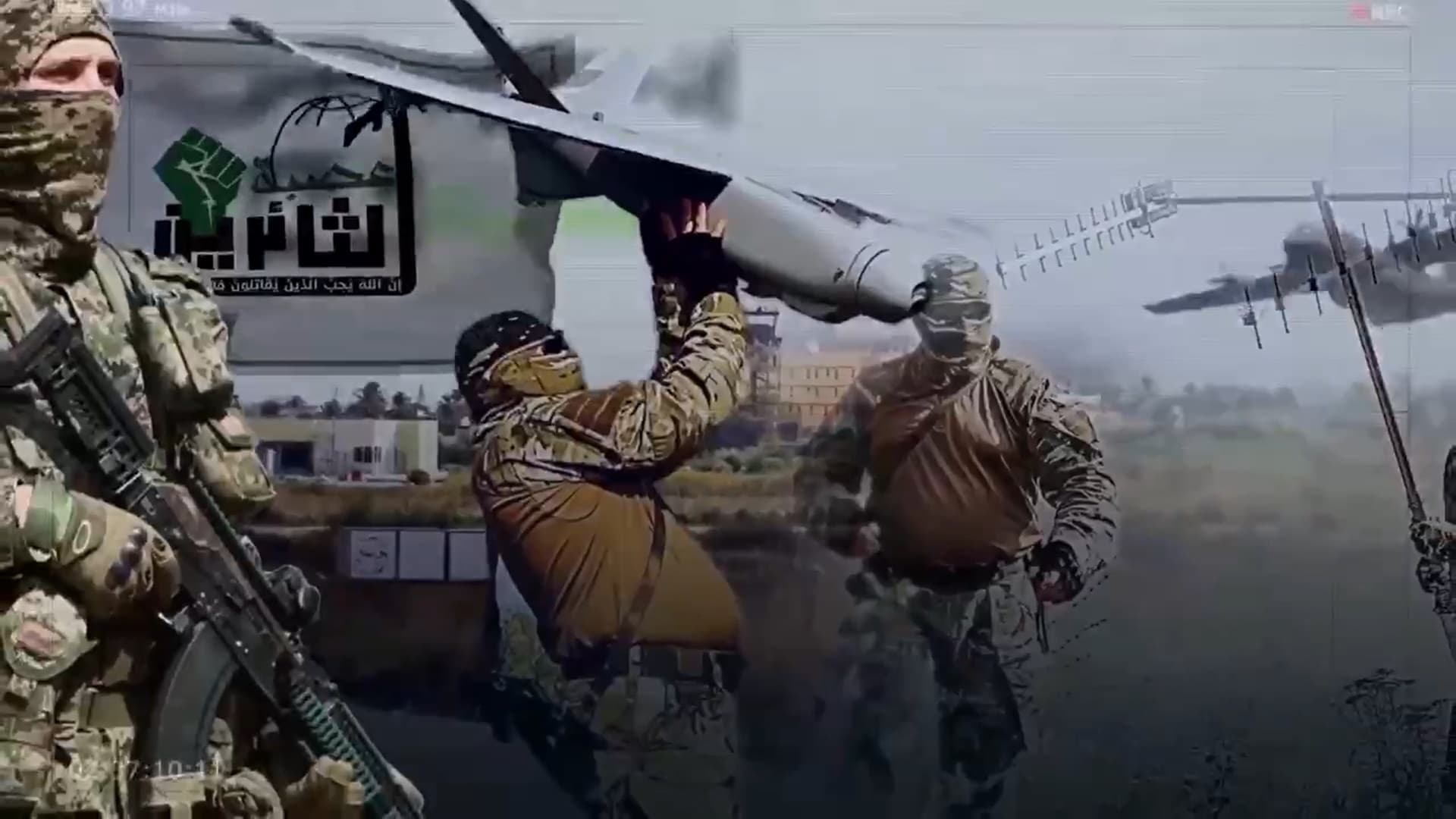
The Iranian proxy group League of the Revolutionaries has reemerged to claim further rocket barrages on US bases in Iraq.
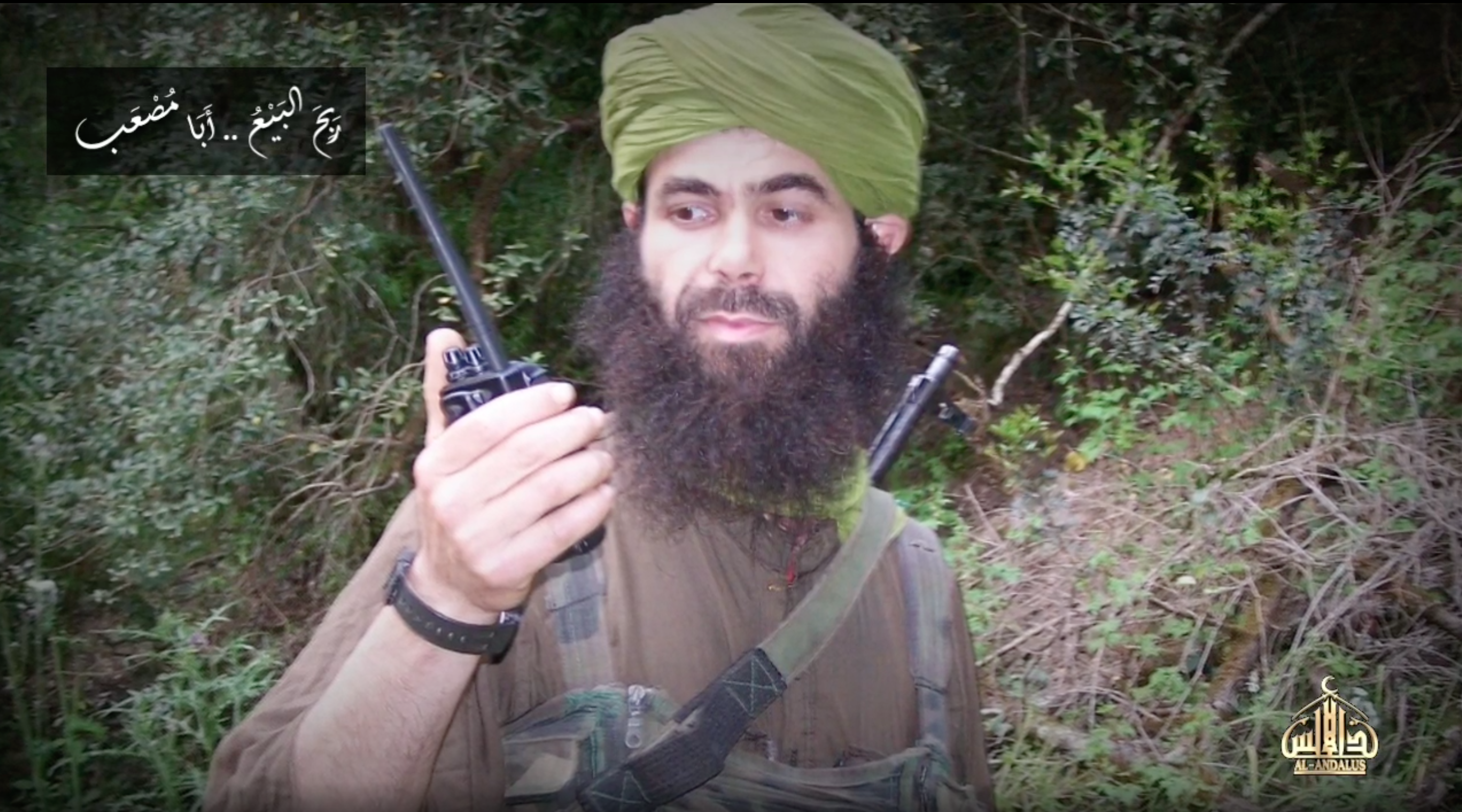
AQIM has released an audio message confirming the death of its longtime emir, Abdulmalek Droukdel.
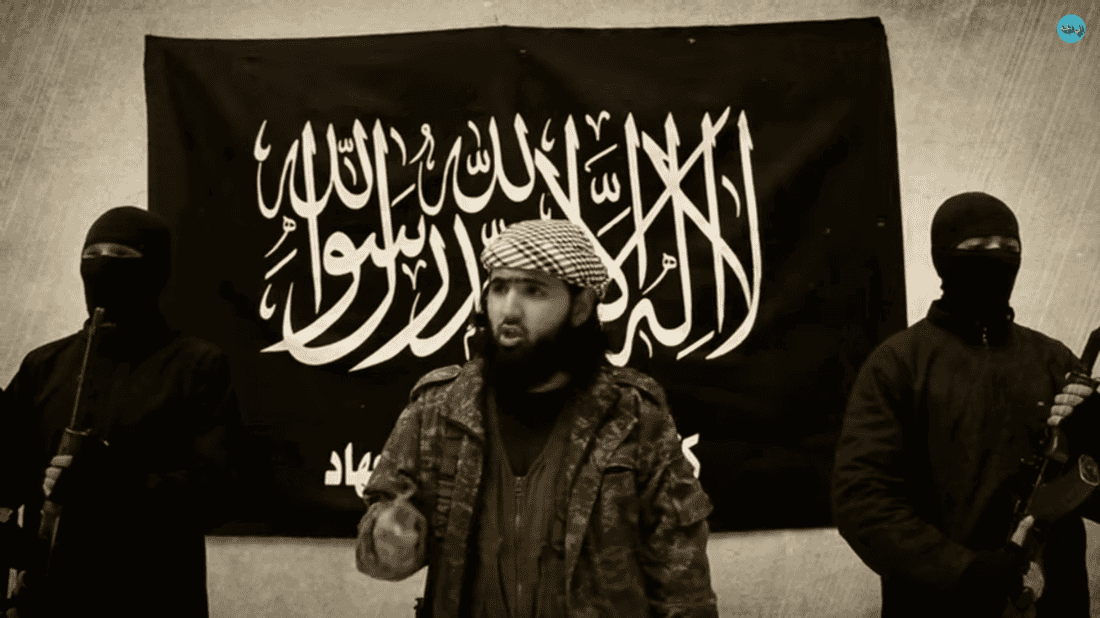
Jabhat Ansar al Din has confirmed that Abu Saloh al Uzbeki, the former leader of HTS’ Katibat al Tawhid wal Jihad, has indeed been arrested by his former group.

Abu Saloh, the founder and first emir of Katibat al Tawhid wal Jihad, was arrested by HTS yesterday after the jihadist reportedly failed to pay his debts.

The Taliban’s denial of Al Qaeda’s presence in Afghanistan means that one of the two groups are not telling the truth. Either Al Qaeda has crafted an elaborate scheme to pretend it fights in Afghanistan alongside the Taliban, or the Taliban is lying, and Al Qaeda has fought there for decades and remains to this day.
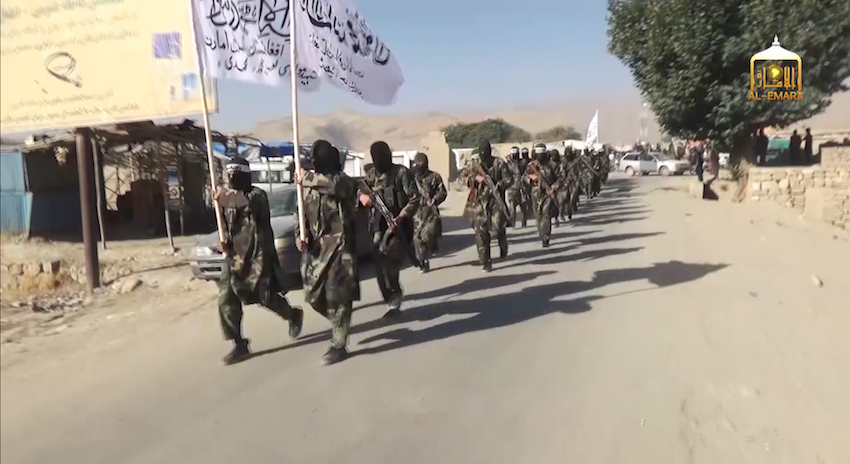
Over the past week, the Taliban has killed or wounded more than 420 Afghan security personnel during attacks across Afghanistan. This buries claims by Afghan officials who claimed the Taliban agreed to extend its Ei-ul-Fitr ceasefire.

Hosts Tom Joscelyn and Bill Roggio discuss the life and reported death of Al Qaeda in the Islamic Maghreb’s emir, Abdulmalek Droukdel.
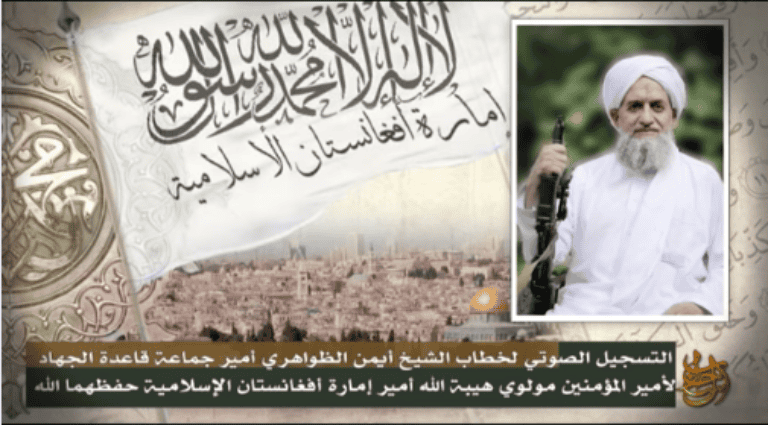
During an online conference last week, CENTCOM commander Gen. McKenzie questioned the Taliban’s commitment to its supposed counterterrorism assurances. He pointed to al Qaeda’s presence in eastern Afghanistan and claimed Ayman al Zawahiri is there. In response, the Taliban falsely claimed that al Qaeda hasn’t been present in Afghanistan since the days of the Islamic Emirate.
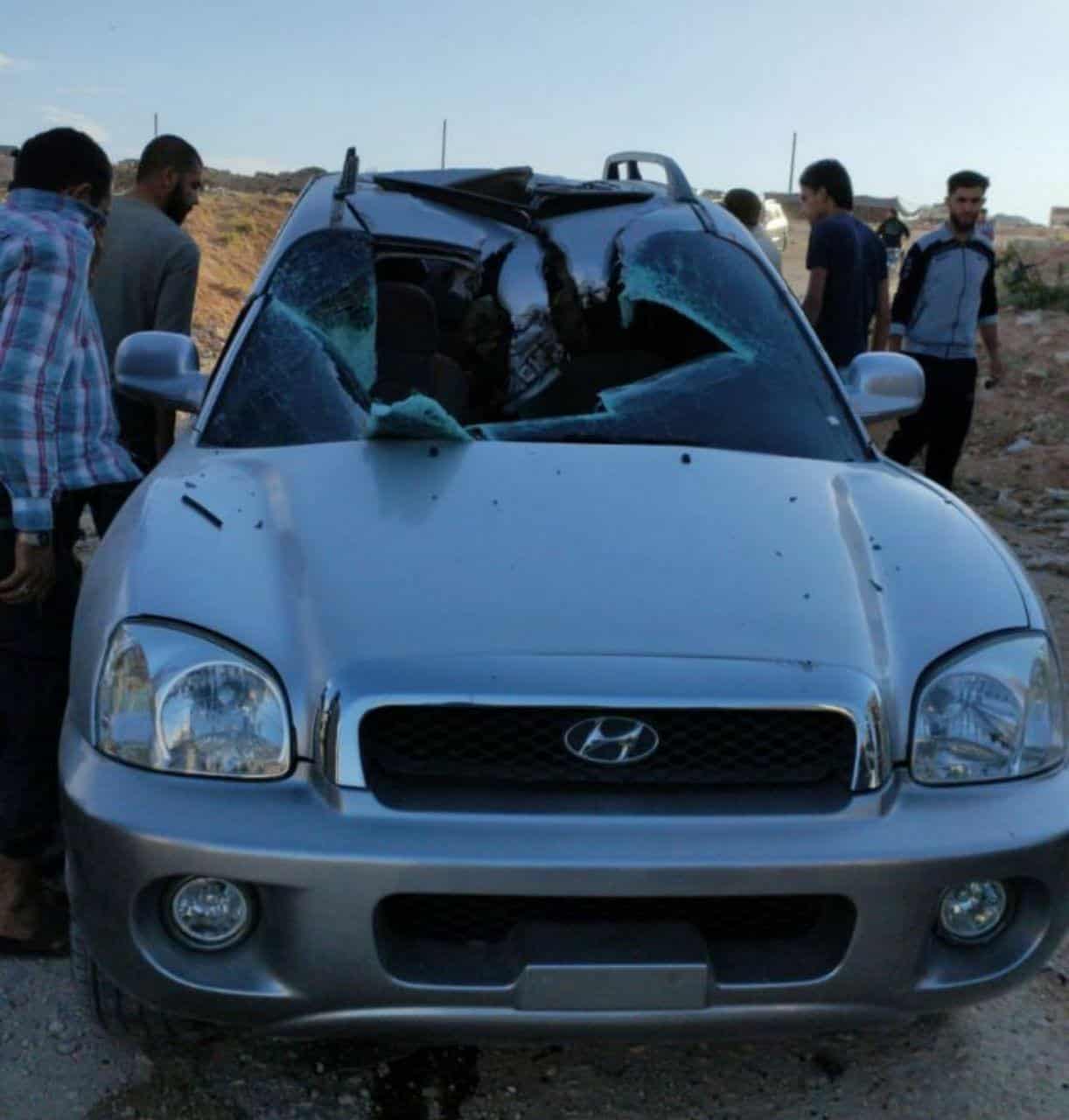
Jihadists on social media say that two al Qaeda figures, Abu al Qassam and Bilal al Sanaani, were killed in a drone strike in Idlib. Their deaths haven’t been confirmed. Abu al Qassam was one of Abu Musab al Zarqawi’s closest comrades and an important al Qaeda figure in Idlib.
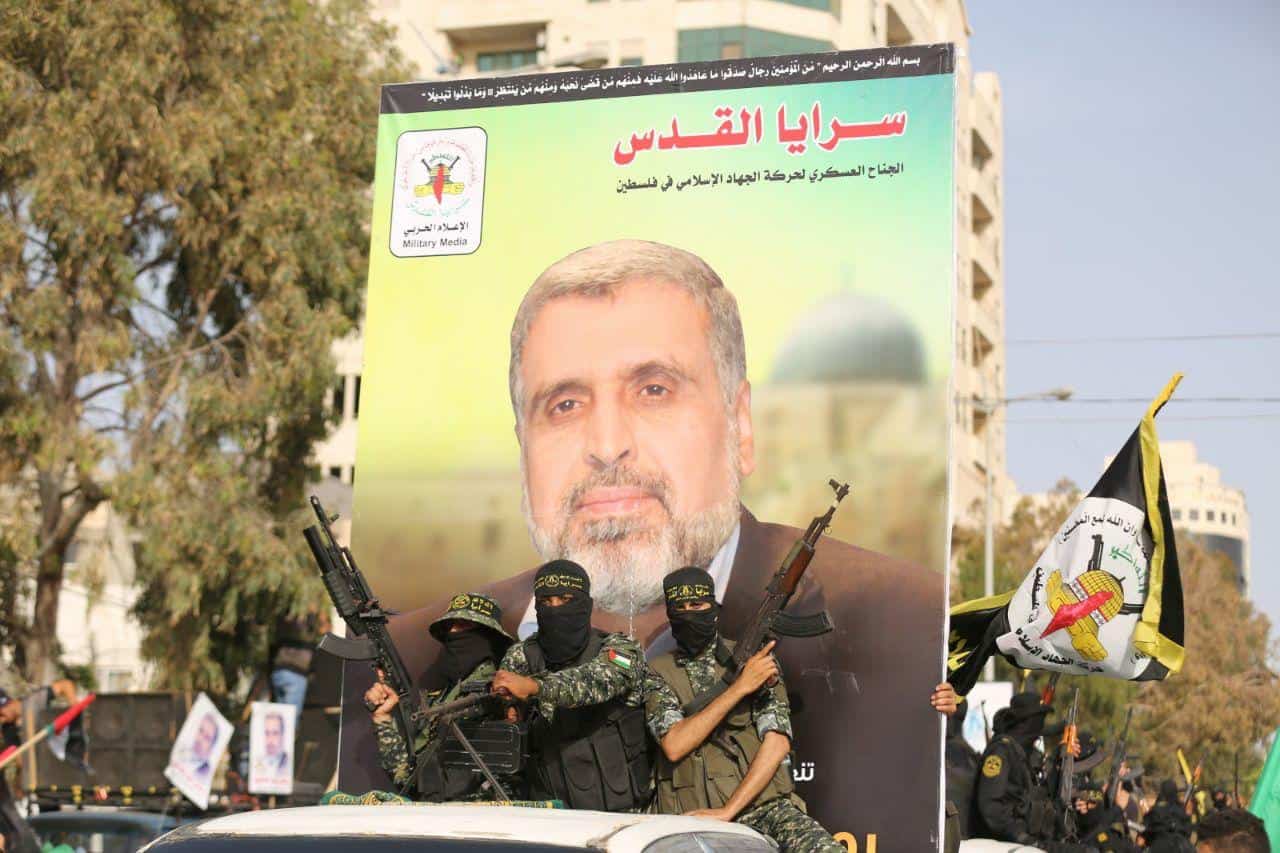
Palestinian Islamic Jihad attempts to move forward after the passing of its longest serving Secretary-General, Ramadan Shalah.
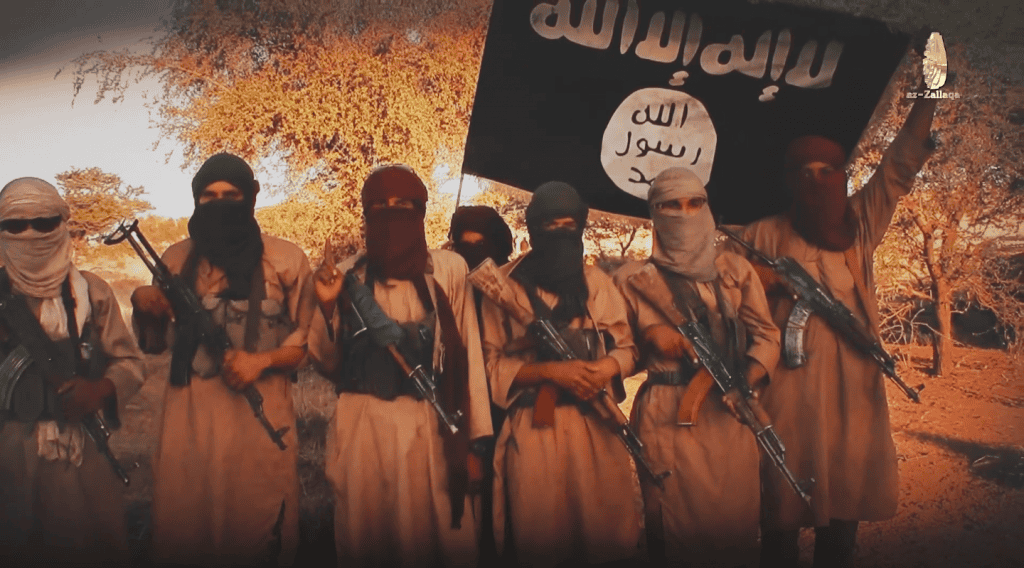
While JNIM has not claimed the assault, its Katibat Macina is widely suspected of perpetrating the attack. This comes after sustained operations against it in the area last month.
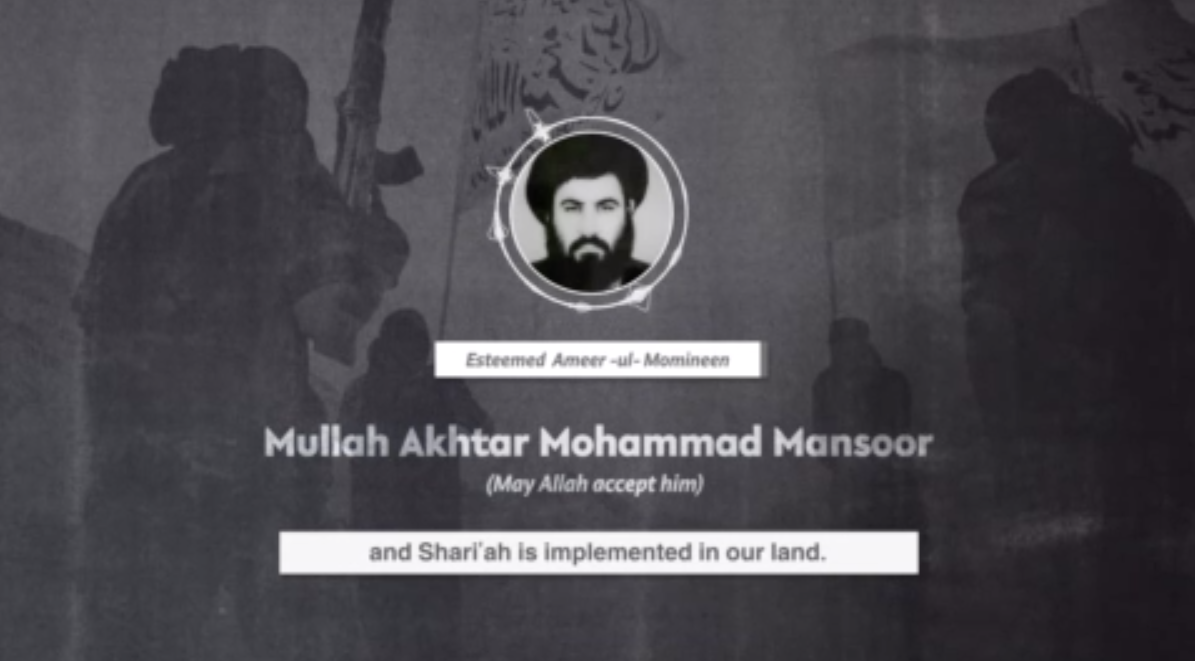
the Taliban continues to make it clear that it won’t accept anything less than a return of the Islamic Emirate of Afghanistan. In a recent video, it extols the virtues of jihad while it denounces “deviants … who who are trained in the poisonous deviant beliefs of atheism, communism, secularism, democracy, and other satanic western and disbelieving ideologies.”
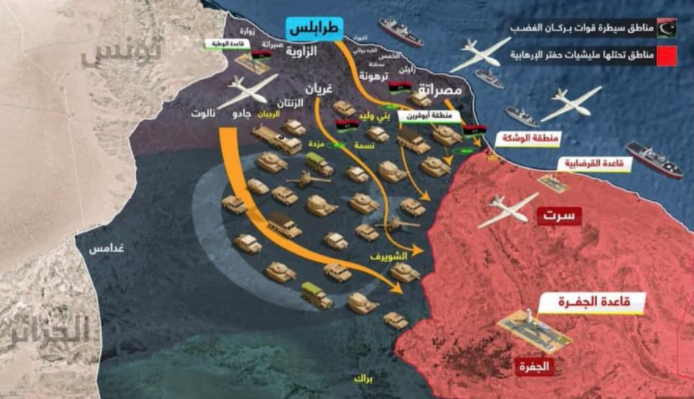
After many years of conflict in Syria and Libya, the involvement of Turkey, Russia and other powers is leading to increasingly sophisticated clashes between the latest UAV and air defense technology. The use of new technology has ramifications for future conflicts in the Middle East and provides an emerging model for how regional powers are fighting proxy wars to redraw the balance of power in the region.

Hosts Bill Roggio and Tom Joscelyn take a break from the jihad overseas to discuss the turmoil at home and whether it is a good idea to deploy the U.S. military in American cities.
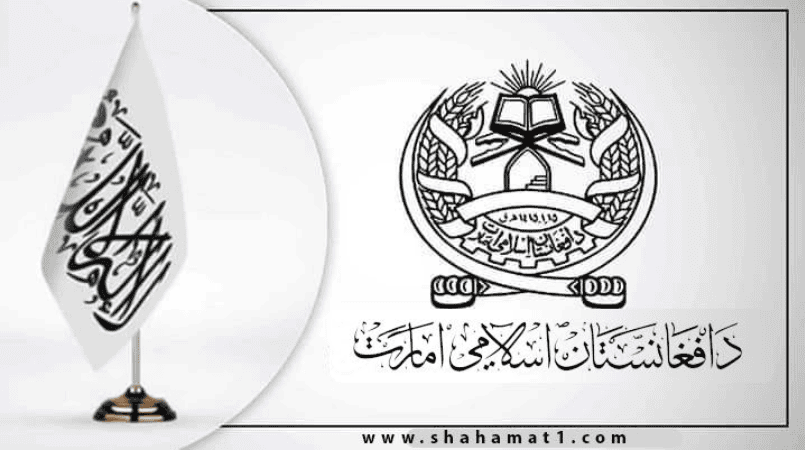
The Taliban’s statement should raise deep concerns with U.S. officials about the group’s reliability to be an effective counterterrorism partner against Al Qaeda and other terror groups.
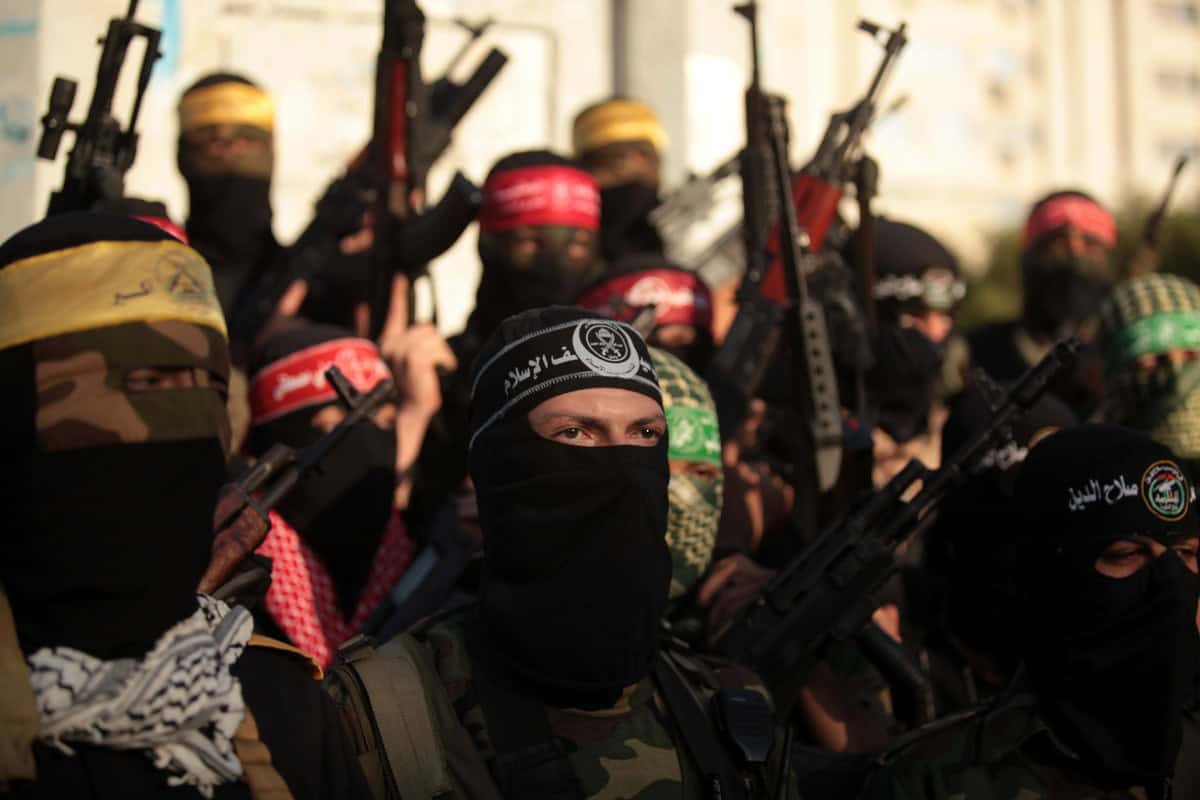
Palestinian militant factions have issued statements against the annexation of the West Bank and warn of violence if Israel proceeds with its plan.
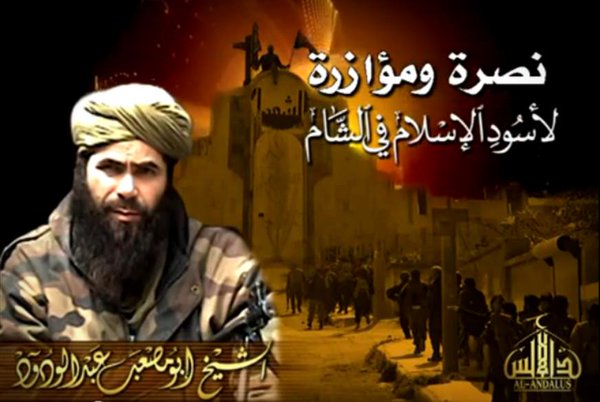
French and American officials say the emir of AQIM, Abdelmalek Droukdel (a.k.a. Abu Musab Abdel Wadoud), was killed in a counterterrorism operation in northern Mali on June 3. The U.S. military supported the French-led operation.

Pakistan continues to play its double game by supporting terror groups. Thousands of Pakistanis, including fighters from the Pakistan state-sponsored Lashkar-e-Taiba and Jaish-e-Mohammed, as well as the Movement of the Taliban in Pakistan, continue to support the Taliban’s jihad against the Afghan government.
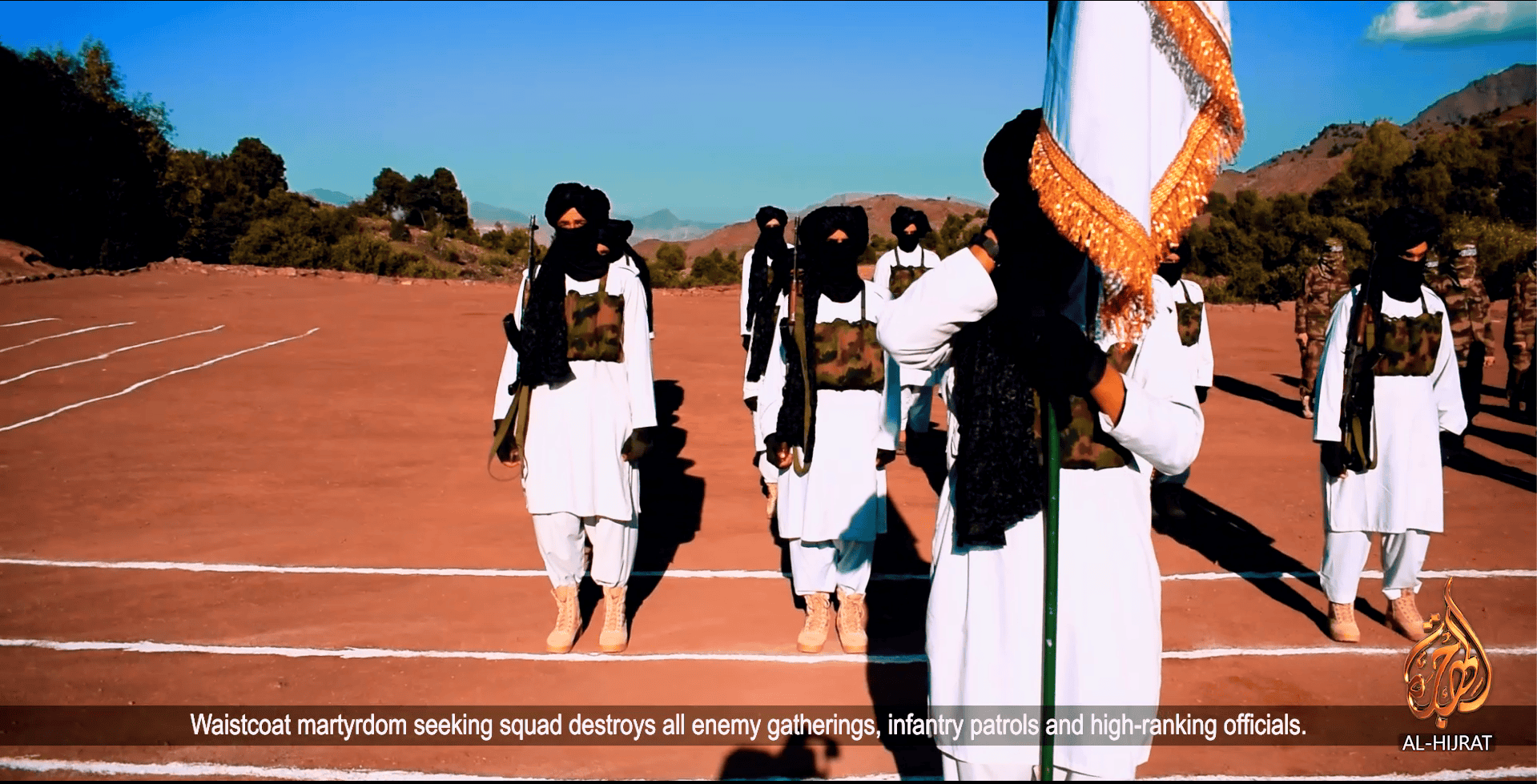
The Taliban’s two deputy emirs and the head of its political office lauded suicide bombers and other “martyrdom seekers” who are working to achieve the goal of the restoration of the Islamic Emirate of Afghanistan.

Bill Roggio and Tom Joscelyn on the latest diatribe released by Abu Hamza al-Qurashi, the Islamic State’s spokesman, who portrays the coronavirus as an act of divine retribution against the West and accuses the Taliban of working with the “Crusaders.”
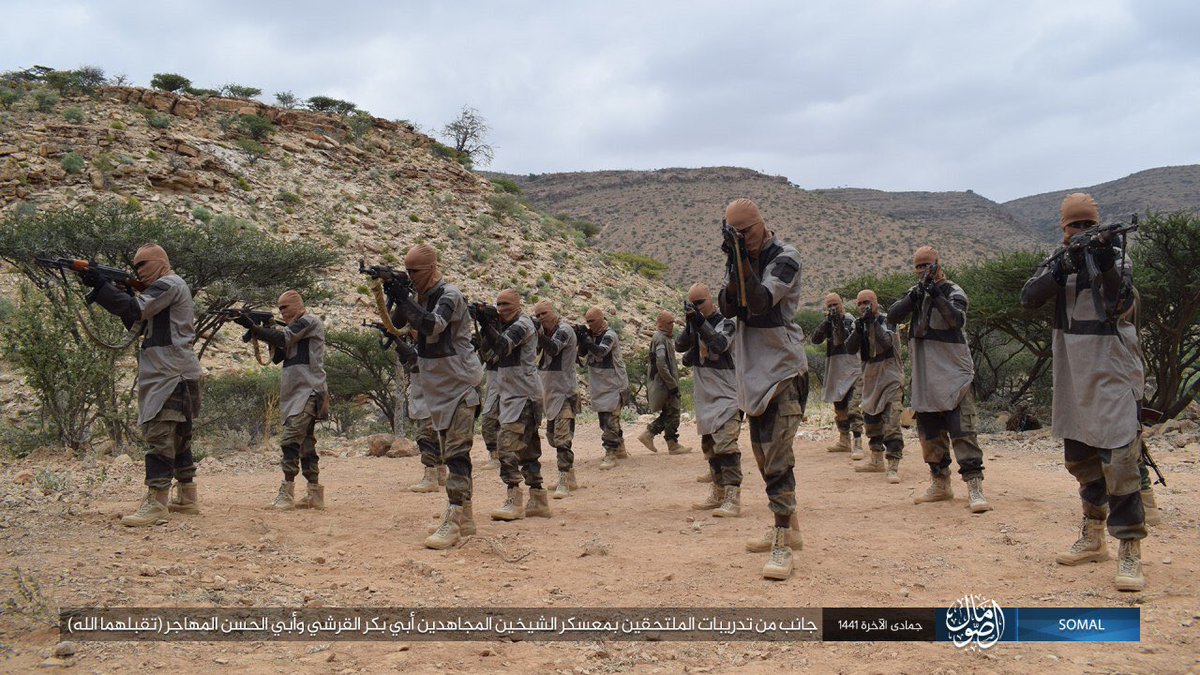
The month of May saw a relative spike in Islamic State claims inside Somalia compared to earlier months. However, this comes in the backdrop of several Puntland security operations against it.
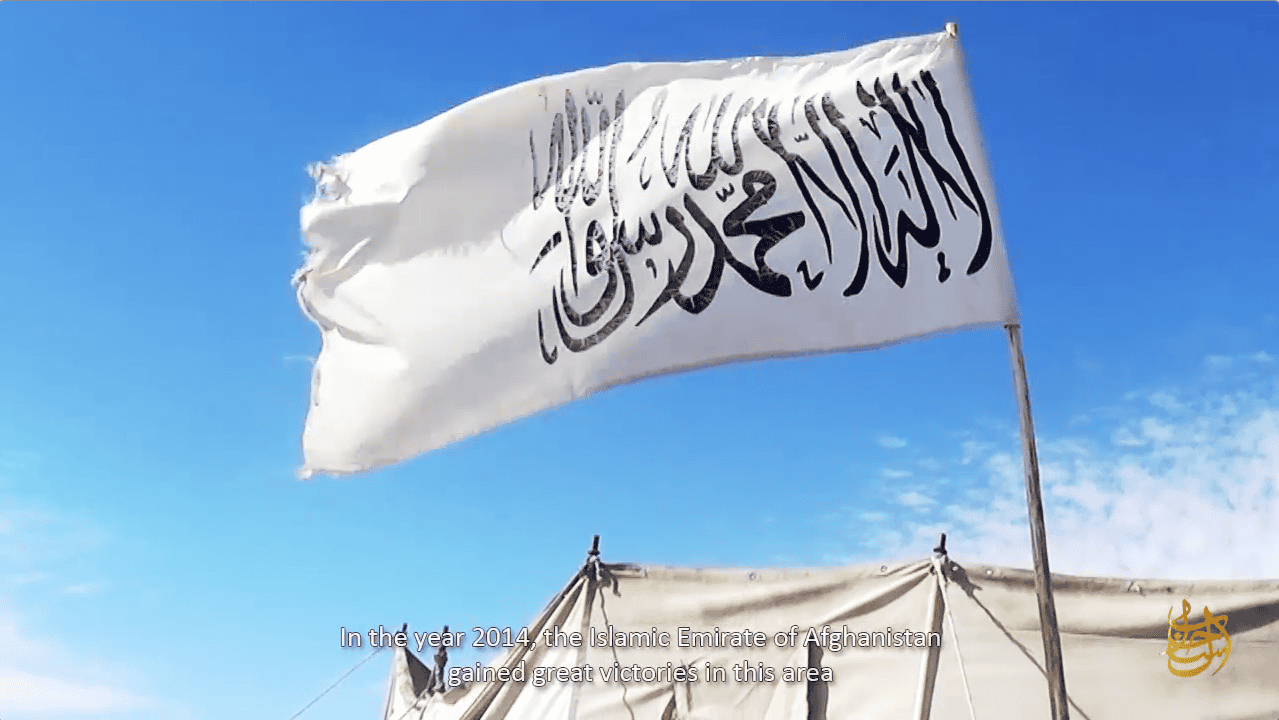
According to a new report by a UN monitoring team, the Taliban “regularly consulted with Al Qaeda during negotiations with the United States and offered guarantees that it would honor their historical ties.” The analysis contains numerous allegations of ongoing collusion between the Taliban and Al Qaeda.